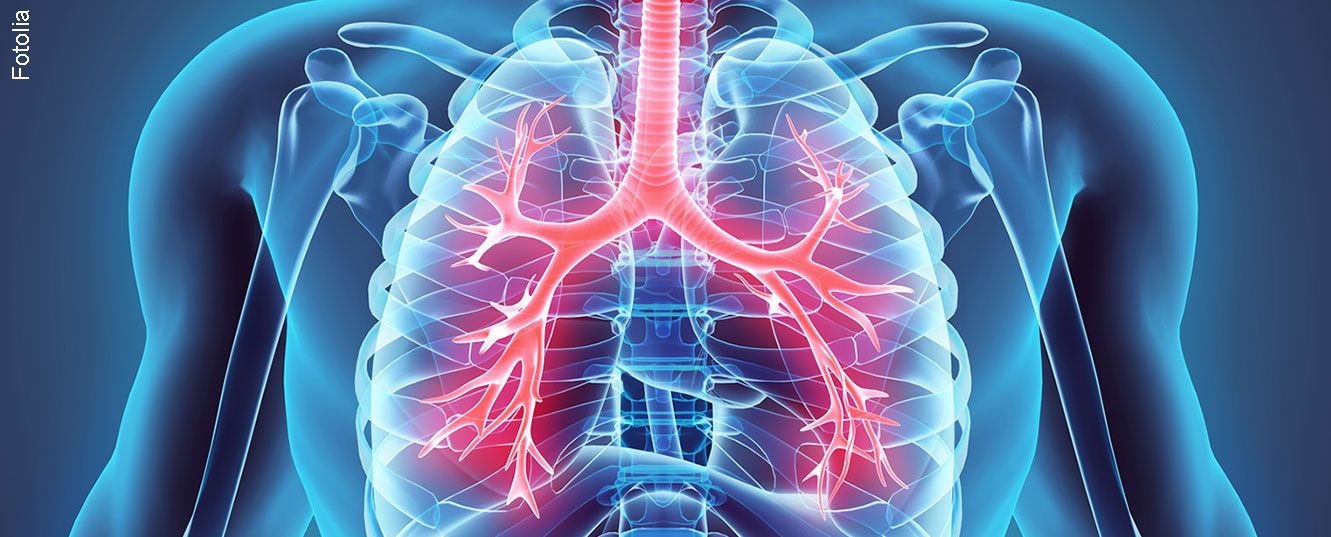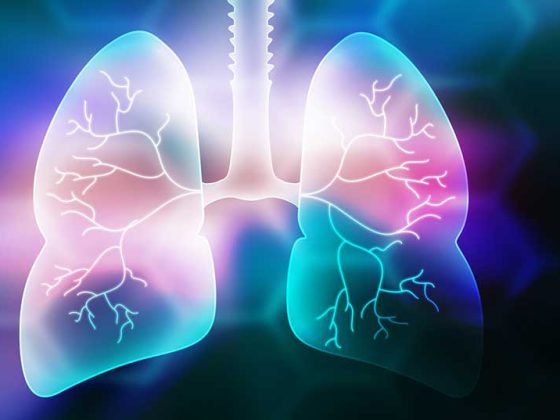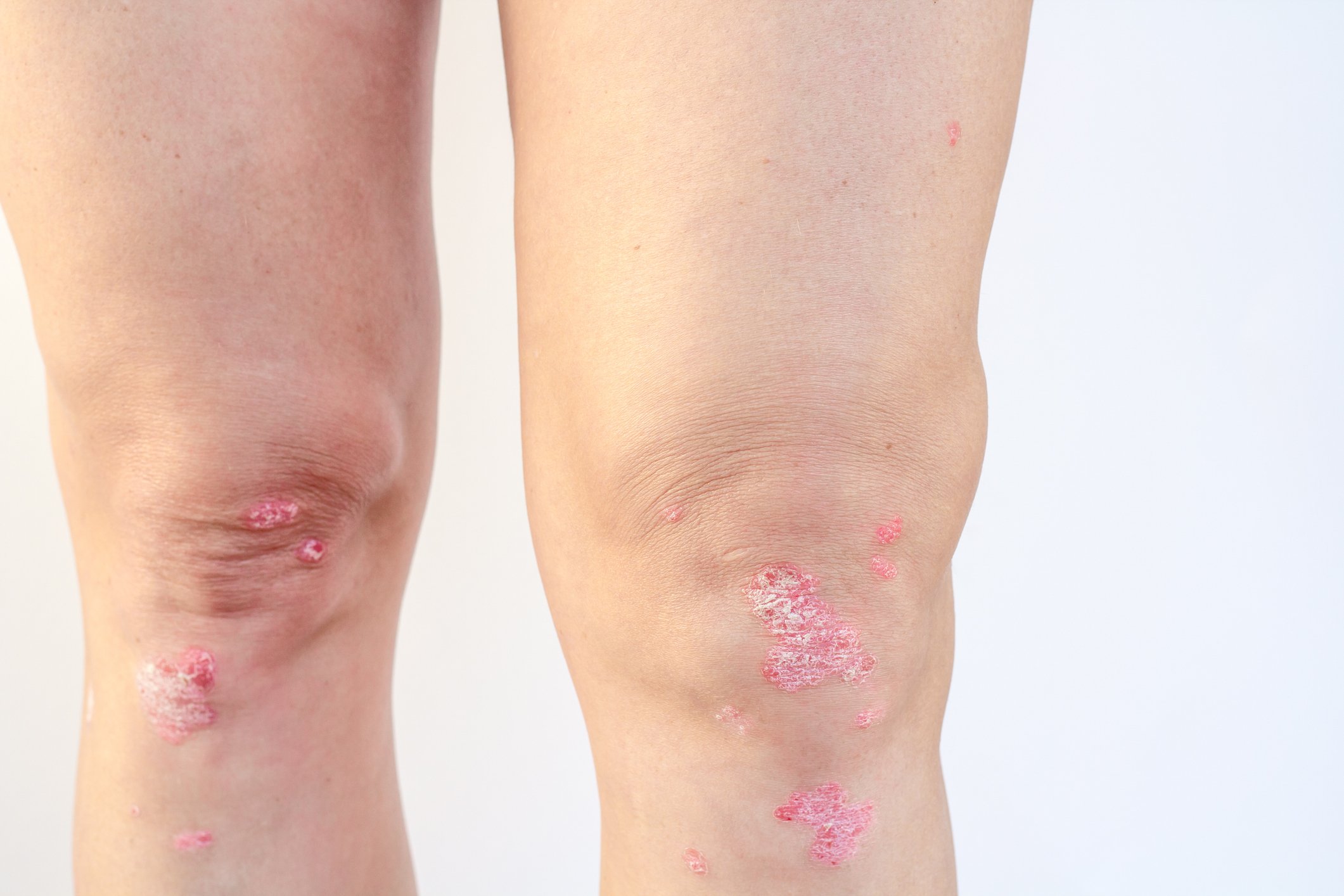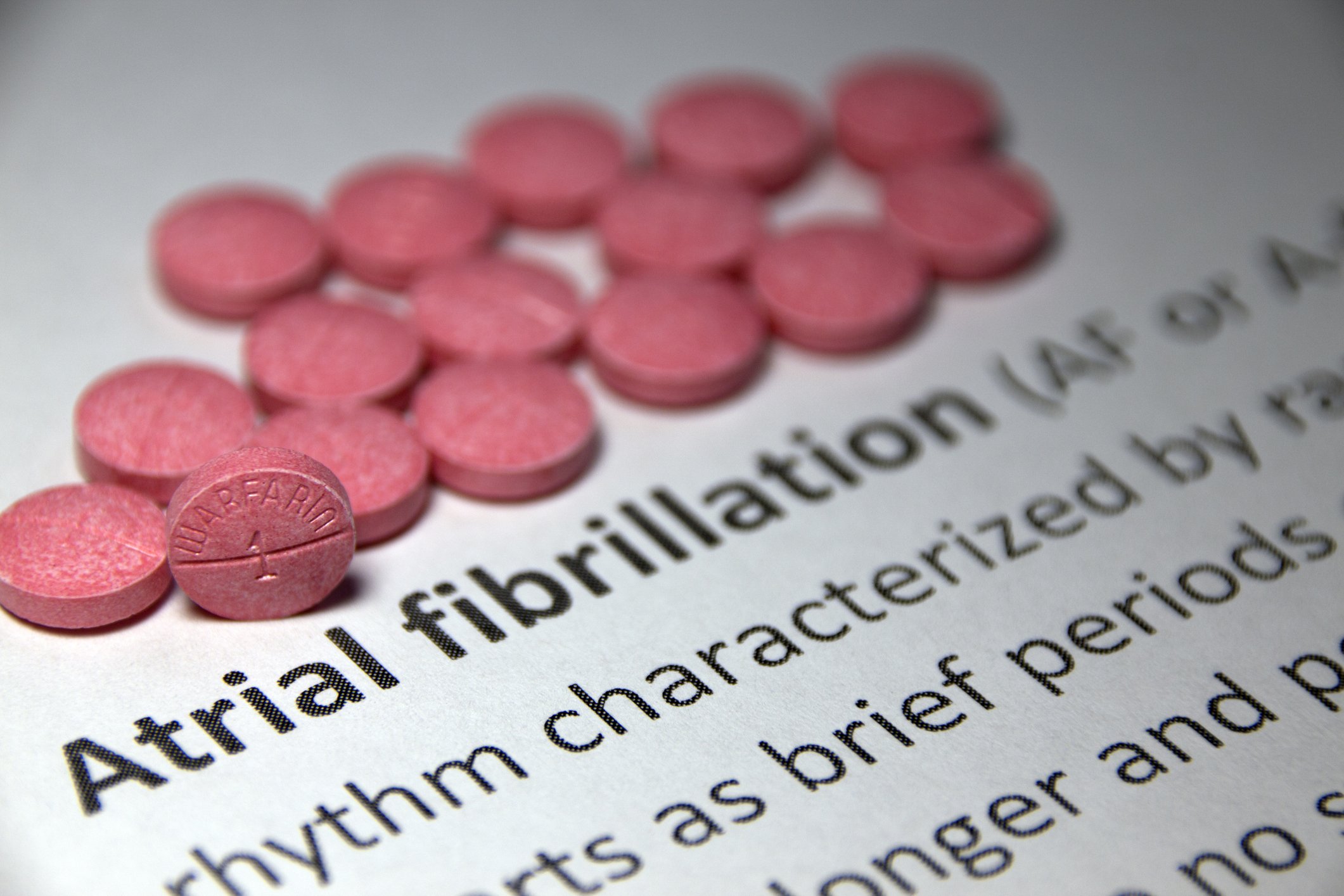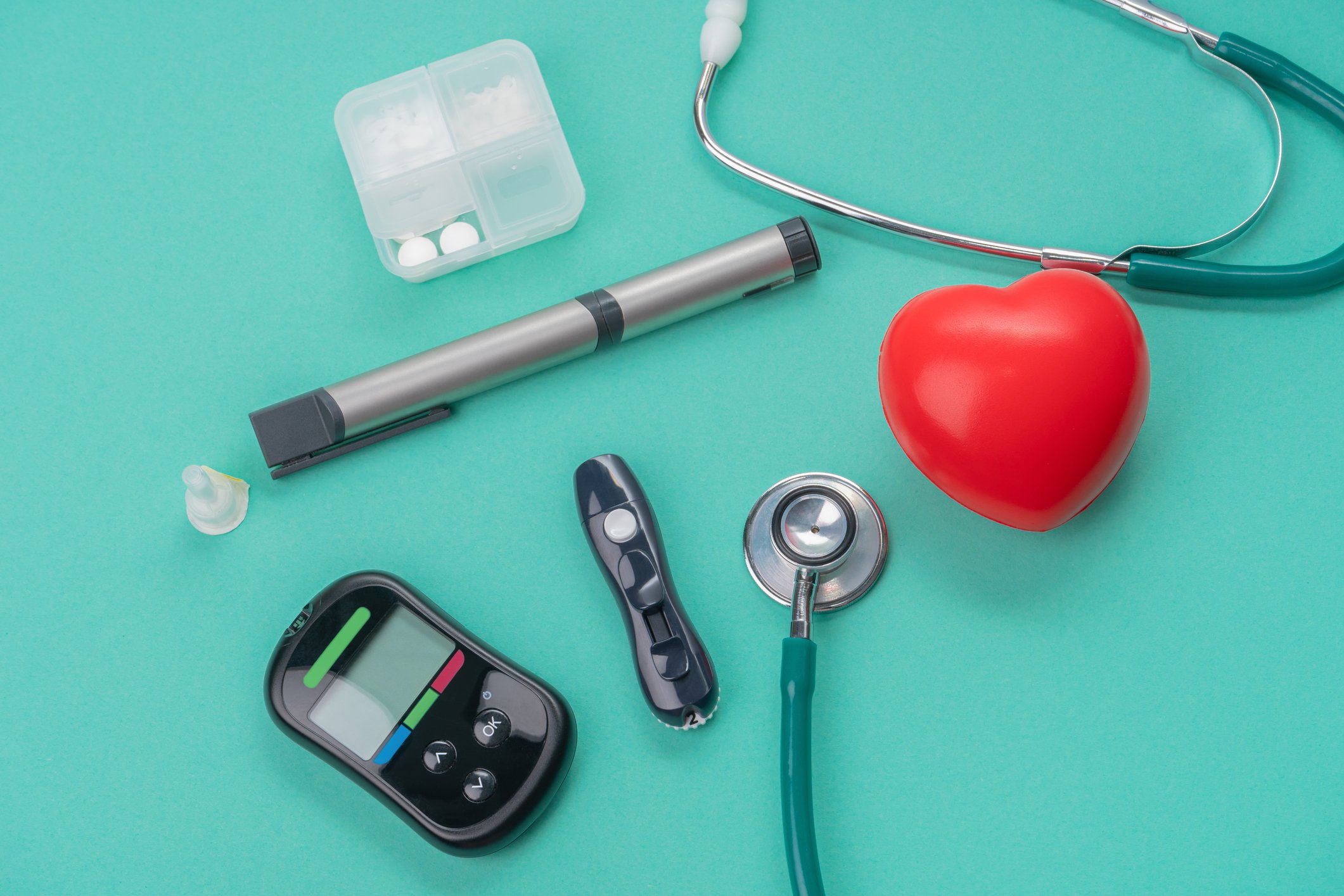Ruxolitinib has been used to treat myeloid diseases of the bone marrow. Experts from the Department of Internal Medicine III at Ulm University Hospital (Germany) are now investigating how corona patients suffering from more severe symptoms respond to the drug in a clinical trial. Under investigation is whether ruxolitinib can stop the severe inflammatory response to the lungs and other organs that often occurs with COVID-19.
The course of COVID-19 is known to be highly variable and nonspecific. Up to five percent of those affected need to be cared for in an intensive care unit. The cause of the deterioration in lung function that occurs in many patients is, among other things, a strong inflammatory reaction in the lungs that is triggered by the virus and can cause severe respiratory distress. The drug ruxolitinib inhibits the so-called Janus kinases, enzymes that play an important role in inflammatory reactions in a wide range of diseases. Whether the compound can also be used to treat COVID-19 will now be explored.
“The drug can effectively suppress the messenger substances released during the inflammatory reaction. Our goal is to stop the inflammatory reaction with an early administration of ruxolitinib in order to prevent artificial ventilation in our patients in the intensive care unit,” explains Professor Konstanze Döhner, who is leading the study at Ulm University Hospital. Since severely ill patients primarily suffer from severe and sometimes life-threatening respiratory complications, inhibition of this inflammatory response is an important component of COVID-19 therapy.
In addition to Ulm University Hospital, six other German hospitals are expected to participate in the study, with the Department of Internal Medicine II at Jena University Hospital in the lead. Covid 19 patients who are inpatients at one of the participating hospitals are eligible to participate. A total of 200 Covid 19 sufferers will be enrolled.
Source: University Hospital Ulm (D)
InFo PNEUMOLOGY & ALLERGOLOGY 2020; 2(2): 5 (published 6/17/20, ahead of print).

